25 years since Iran's Mazar e Sharif consulate attack that killed 9 Iranians
By Syed Zafar Mehdi
Iran on Tuesday marked the 25th anniversary of the siege and attack on the Iranian consulate in northern Afghanistan’s Mazar e Sharif city, which killed eight Iranian diplomats and a journalist.
The incident took place on August 8, 1998, when the military forces of the Taliban regime at the time captured the strategic northern Afghan city and ambushed the Iranian diplomatic mission.
The attack took place amid pitched street battles between the Taliban and Ahmed Shah Massoud-led Northern Alliance, as the city was considered a bastion of anti-Taliban resistance forces.
The ghastly attack drew condemnation worldwide, even as the Taliban distanced themselves from it and shifted the blame on others, with some even pointing fingers at Sipah e Sahaba Pakistan (SSP).
Initially, at least 11 diplomats and a journalist were reported missing under mysterious circumstances and were presumed dead. Later, it was confirmed that 8 diplomats and a journalist had been killed.
On August 10, 1998, the Committee to Protect Journalists (CPJ) called on then-Taliban leader Mullah Mohammad Omar to investigate journalist Mahmoud Saremi's assassination.
But, the Taliban not only refused to probe the attack but washed their hands off it.
Since 1998, August 8 has been observed every year in the Islamic Republic of Iran as ‘Reporters' Day’ or ‘Journalists Day’, as a mark of tribute to Saremi, the martyred IRNA correspondent.
In a report published by IRNA on August 8, 2018, Khadijeh Rouzbehani, Saremi's wife, recalled speaking to him hours before his disappearance and subsequent killing.
“My husband asked me to listen to the sound of the Taliban tanks barreling into the neighborhood, holding up the phone in the air,” Rouzbehani was quoted as saying.
“I could clearly hear the tank treads screeching.”
Moments before the consulate attack, Saremi had sent a news pitch to his editors at IRNA's headquarters in Tehran, informing them about the Taliban's rapid advances in the city.
“Mahmoud Saremi. Correspondent of the Islamic Republic News Agency. Urgent news: I am reporting from Iran's consulate in Mazar e Sharif. Some Taliban members are seen entering the premises of the consulate. Let me know what I should do,” he wrote, as cited in an IRNA report dated August 8, 2018.
That was the last message the slain journalist sent to his editors in Tehran.
“As his wife, I repeatedly asked him to resign from his job and escape the horrible situation in Afghanistan. But he would insist that he should stay until the end of his mission (in the country),” his wife was quoted as saying.
Tensions were high after the incident with military reinforcements near the joint border, but Iran’s measured response prevented the situation from escalating further.
In a statement on Tuesday, marking the 25th anniversary of the incident, Iran’s foreign ministry said August 8 is a “reminder of a bitter incident” that led to the martyrdom of diplomats and a journalist.
The ministry stated that the “widespread condemnation” of the diabolic crime by the international community as well as the “sympathy and solidarity” of the people of Afghanistan demonstrated “unity” between the two nations and led to Iran exercising utmost restraint.
Iran, which shares a 921-km border with Afghanistan, has always acted in the interests of the region, and that is precisely why it didn’t go ahead with any retaliatory action after the gruesome attack.
However, like every year, Iran’s foreign ministry reiterated its demand to “clarify various dimensions” of the incident, which continue to be shrouded in mystery, including the identity of the perpetrators.
There is a film also, ‘Mazar e Sharif’, directed by Abdolhassan Barzideh, which was released in August 2015 and perfectly captures the tragedy and what it meant for the Iranian nation.
It revolves around an Iranian diplomat, Allahmadad Shahsavand, who survived the attack and narrates his ordeal of 19 days and the struggle to escape the country and reach the Iranian border.
Years after the tragic incident, Shahsavand was quoted as saying by ISNA that Iranian diplomats behaved in a dignified manner and even offered fruit and tea to militants, but still were killed.
Shahsavan survived after an Afghan man who lived near the consulate came to his rescue.
Anti-Islam Wilders's coalition deal spells sharp shift to hard-right
Putin in Beijing: Russia, China agree to deepen ‘strategic partnership’
VIDEO | Press TV's news headlines
VIDEO | Nakba Day 2024, ongoing genocide
VIDEO | Gaza: The new Nakba
Houthi: Yemen to target any Israel-bound ships within range
South Africa tells top UN court Israeli genocide has hit ‘horrific stage’
Israel sends more troops to Rafah, expands military invasion


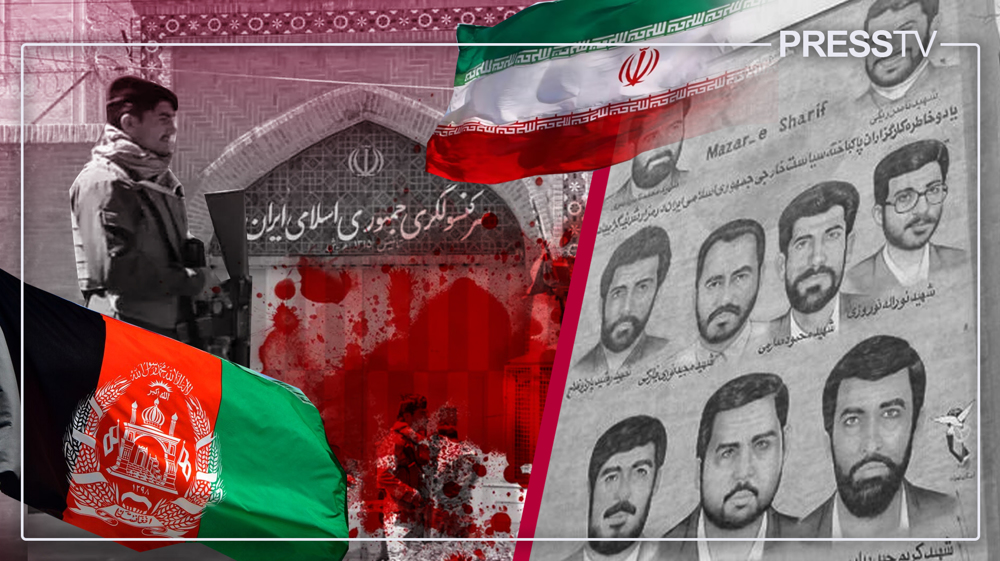
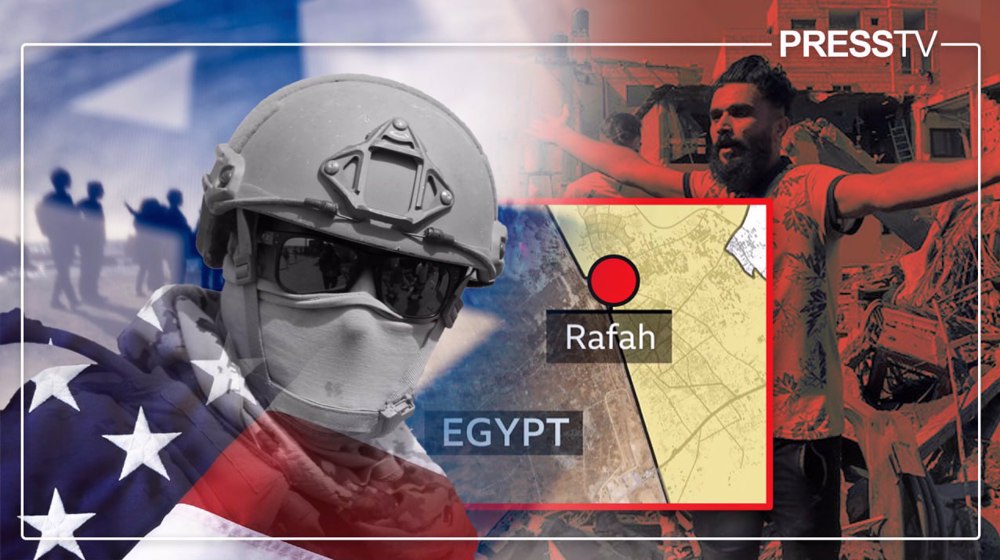
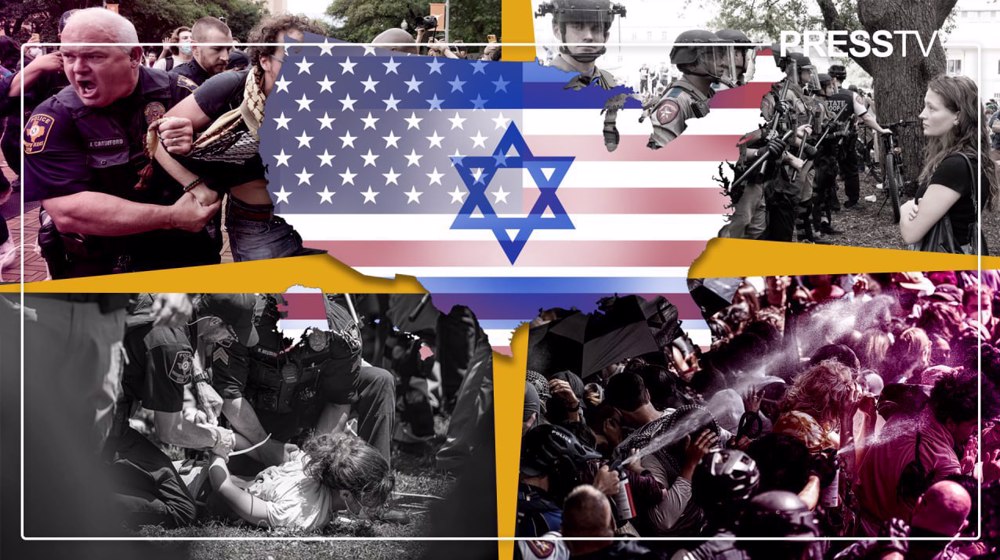
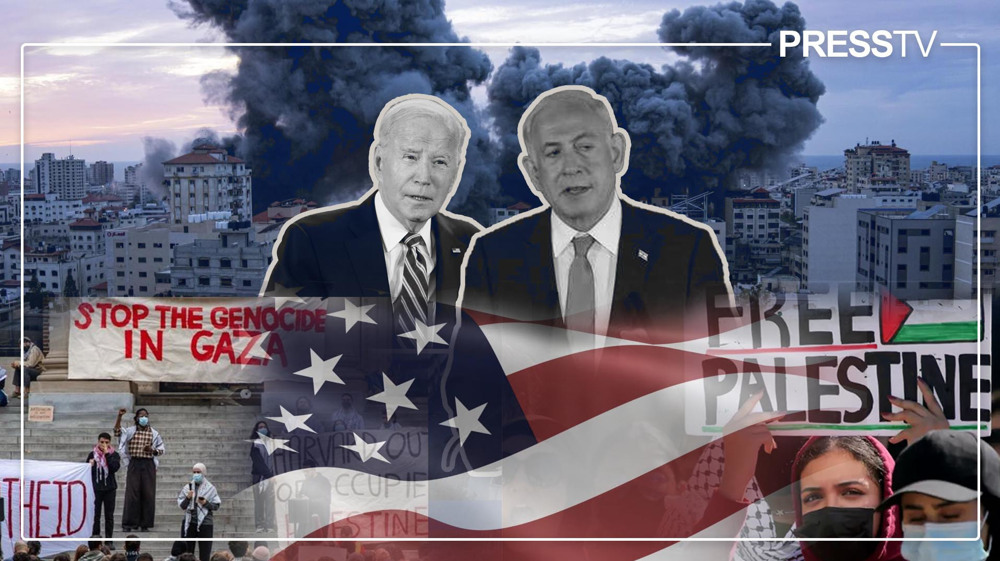



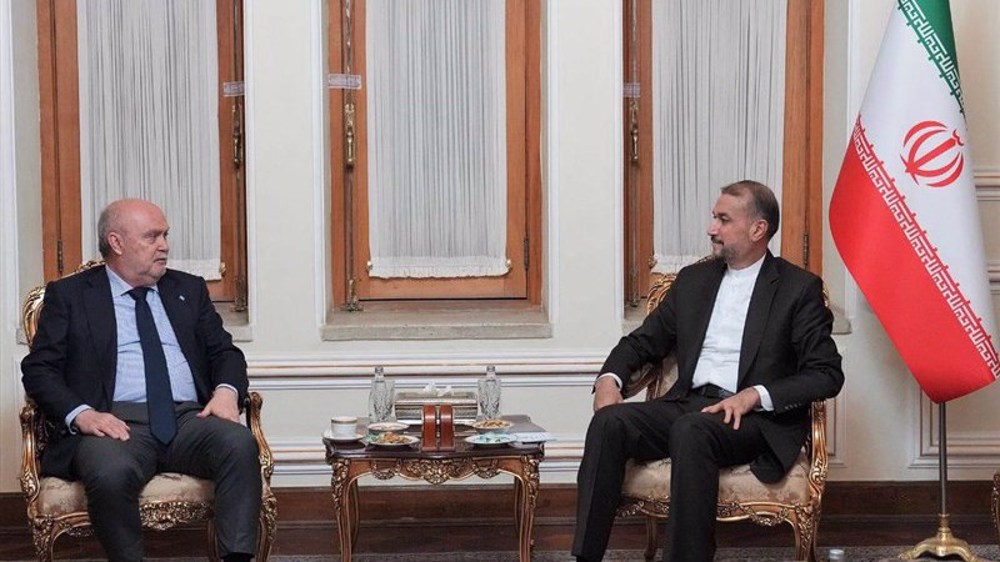
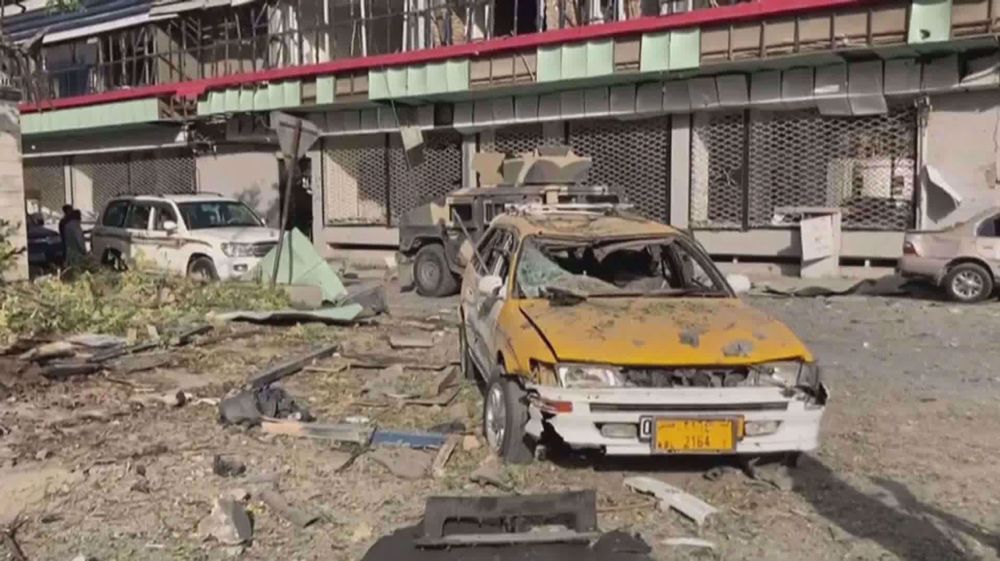
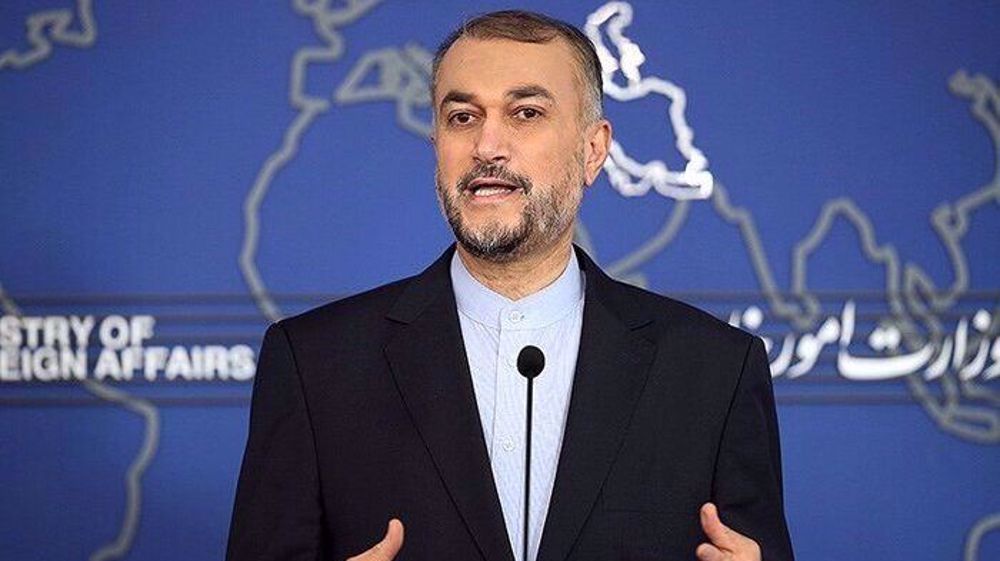
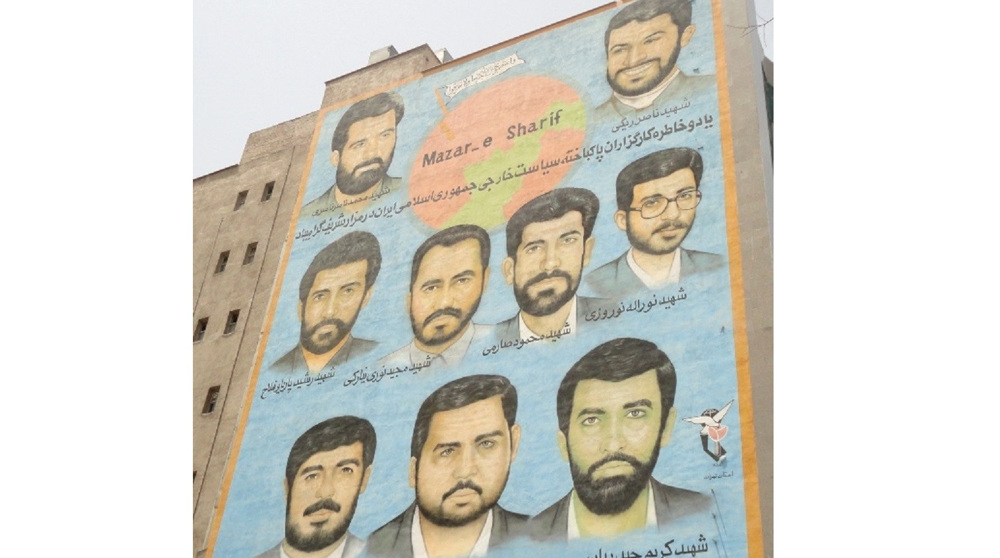
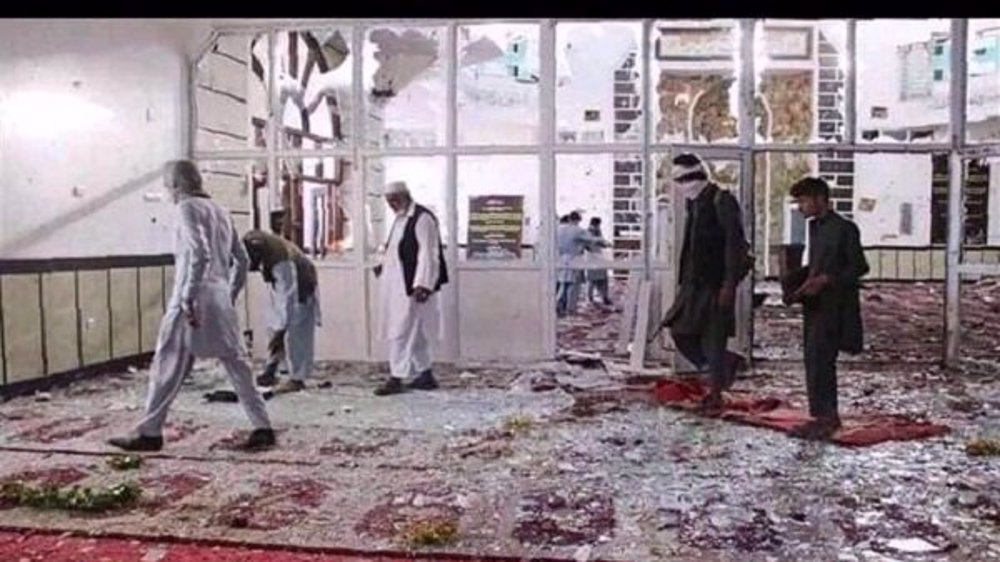

 This makes it easy to access the Press TV website
This makes it easy to access the Press TV website